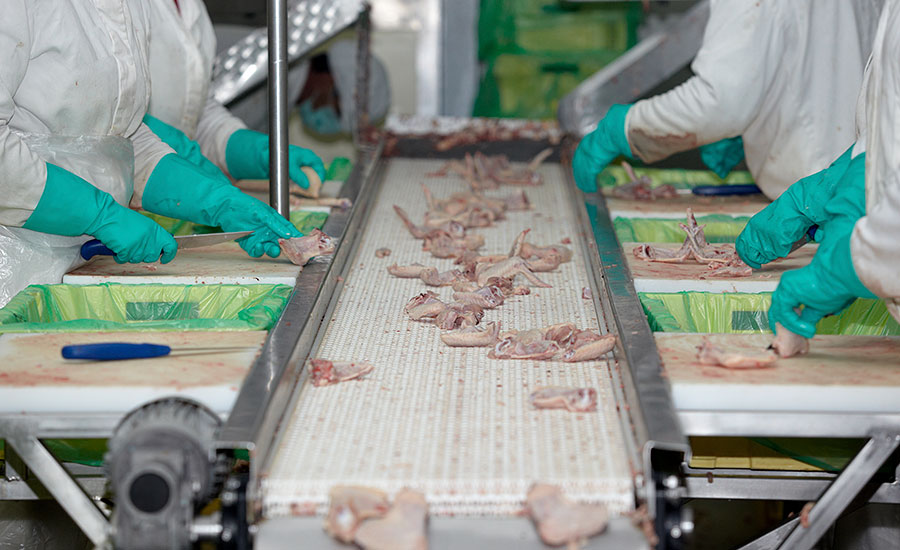This year the U.S. Department of Labor’s Occupational Safety and Health Administration (OSHA) chose poultry processing for a special emphasis program and is conducting comprehensive safety and health inspections at poultry plants. We understand OSHA’s role in helping keep workers safe, and we welcome them to come in and evaluate our programs.
However, the poultry industry is concerned about one narrow aspect of OSHA’s current special emphasis program and requested that OSHA discontinue a practice it has recently implemented.
As background, most of OSHA’s regular activities involve “programmed inspections.” Because OSHA does not have the resources to inspect every business, it must use a process to prioritize and select which facilities the agency will inspect. OSHA is required to use an administratively neutral selection process to randomly choose where inspections will be conducted. This eliminates concerns about the agency using an arbitrary or punitive selection process, and it works quite well.
OSHA also has the authority and the responsibility to investigate serious accidents. In most cases, OSHA limits the scope of these accident investigations solely to the circumstances surrounding the incident.
Recently OSHA instructed its compliance officers to expand every inspection at poultry-processing plants into a full-blown comprehensive inspection.
This is a concern because, frankly, it raises constitutional issues. There have been a series of court decisions involving other industries that have prohibited OSHA from arbitrarily expanding these accident investigations. The cases cited a lack of probable cause and the failure of OSHA to follow this administratively neutral selection process. The courts agreed that this is a possible violation of Fourth Amendment protections against unreasonable search.
I met with OSHA representatives in Washington on March 3 to express our concerns and to share with them the case law supporting our position. They disagreed and indicated they were prepared to litigate the issue. The first hearing on this issue was held April 20, and we are awaiting the court’s ruling, anticipating the judge will follow the decisions of the earlier courts.
We do not object to OSHA coming into our facilities. We just want to make sure they follow long-established rules concerning the inspection selection process.
The poultry industry takes safety seriously and has a long history of continuous improvement. Over the last 20 years, we have reduced our injury rates by more than 81 percent.
Does this mean we are satisfied with our safety programs? No, of course not. We know every injury affects someone’s life, someone’s family. We also know that there is always room for improvement, and we are working hard every day. NP





Report Abusive Comment